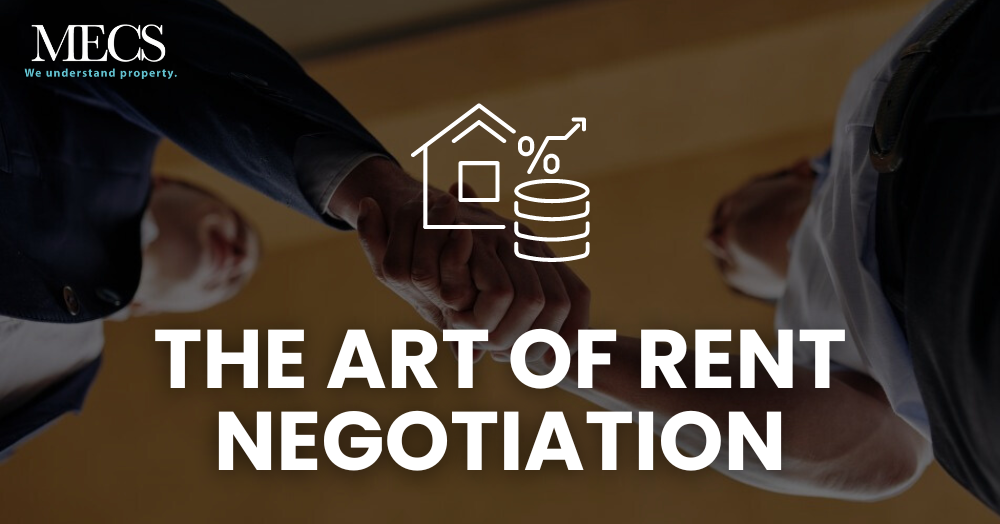Renting a home is a significant financial commitment, and finding the right balance between your budget and your desired living conditions can be a challenging task. Fortunately, negotiation is a valuable skill that can help both tenants and landlords reach mutually beneficial agreements.
Do Your Homework
Before entering into any negotiation, it's crucial to research and understand the rental market in your area. This knowledge will give you a strong foundation upon which to base your negotiation strategy. Start by:
a. Comparing rents:
Look at similar properties in your neighbourhood to gauge the average rental rates. Online property platforms and rental listings can be helpful resources.
b. Knowing your rights:
Familiarise yourself with local tenant laws and regulations. Knowing your rights can help you negotiate confidently and avoid unfair terms.
Establish a Rapport
Effective communication is key to successful rent negotiation. Building a positive relationship with your landlord or property manager can go a long way. Here are some tips:
a. Be respectful and polite:
Approach the negotiation process with a friendly and courteous demeanour. Being considerate can make the other party more open to discussion.
b. Highlight your strengths:
Share information about your reliability as a tenant, such as your rental history, steady income, and good references. Demonstrating your value as a tenant can make the landlord more inclined to negotiate.
Timing is Everything
Timing can significantly impact your negotiation's success. Try to negotiate at the right time to increase your chances of getting a favourable outcome:
a. Renewal time:
If you're renewing your lease, negotiate a few months before it expires. This gives both you and your landlord time to explore options and reach a mutually beneficial agreement.
b. Off-peak seasons:
In areas with seasonal rental fluctuations, consider negotiating during the off-peak season when landlords may be more willing to compromise on rent and terms.
Be Clear About Your Needs
When discussing your rental terms, be clear about what you need and want. This will help you and your landlord find common ground:
a. List your priorities:
Make a list of non-negotiable terms, such as the duration of the lease, the number of occupants, and maintenance expectations.
b. Be flexible:
While it's important to know your priorities, be open to compromise on less crucial aspects to reach a fair deal.
Negotiate Beyond Rent
Rent is just one aspect of the rental agreement. Consider other factors that can be negotiated to create a win-win situation:
a. Maintenance and repairs:
Discuss who will be responsible for specific maintenance tasks and how quickly repairs will be addressed.
b. Lease terms:
Negotiate the length of the lease, renewal terms, and any penalties or fees associated with breaking the lease.
c. Amenities and utilities:
If the property includes amenities like a gym or laundry facilities, or if utilities are included in the rent, discuss these aspects during negotiation.
Conclusion
Rent negotiation is a skill that can benefit both tenants and landlords. By doing your research, building a positive rapport, timing your negotiation effectively, being clear about your needs, and considering all aspects of the rental agreement, you can increase your chances of securing a fair deal that aligns with your budget and living preferences. If it doesn't work out and you are in search of a new rental property, we will be able to help you find the best property that works with your budget so get In contact today!
0121 681 6327
info@mecsproperty.co.uk

